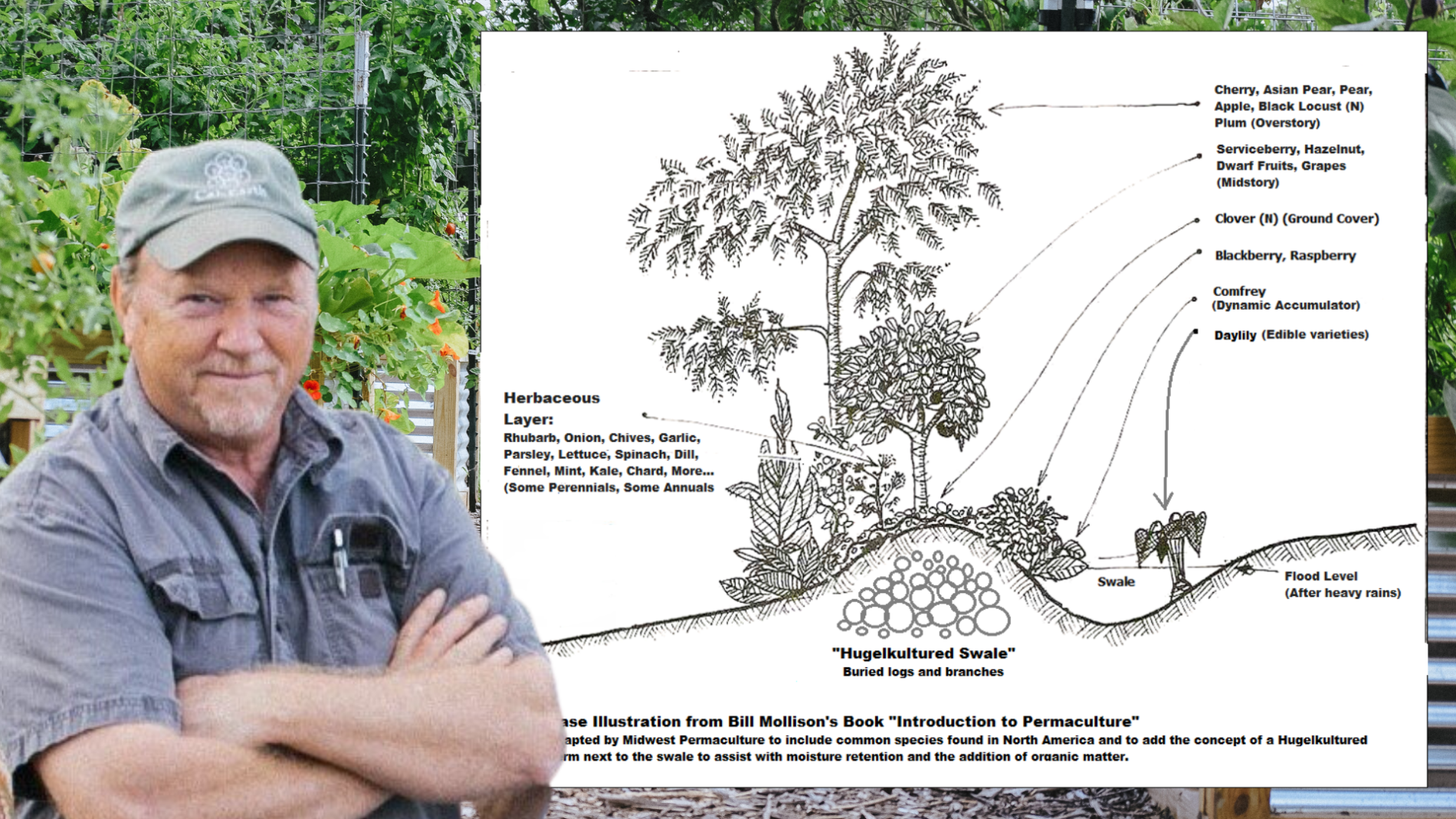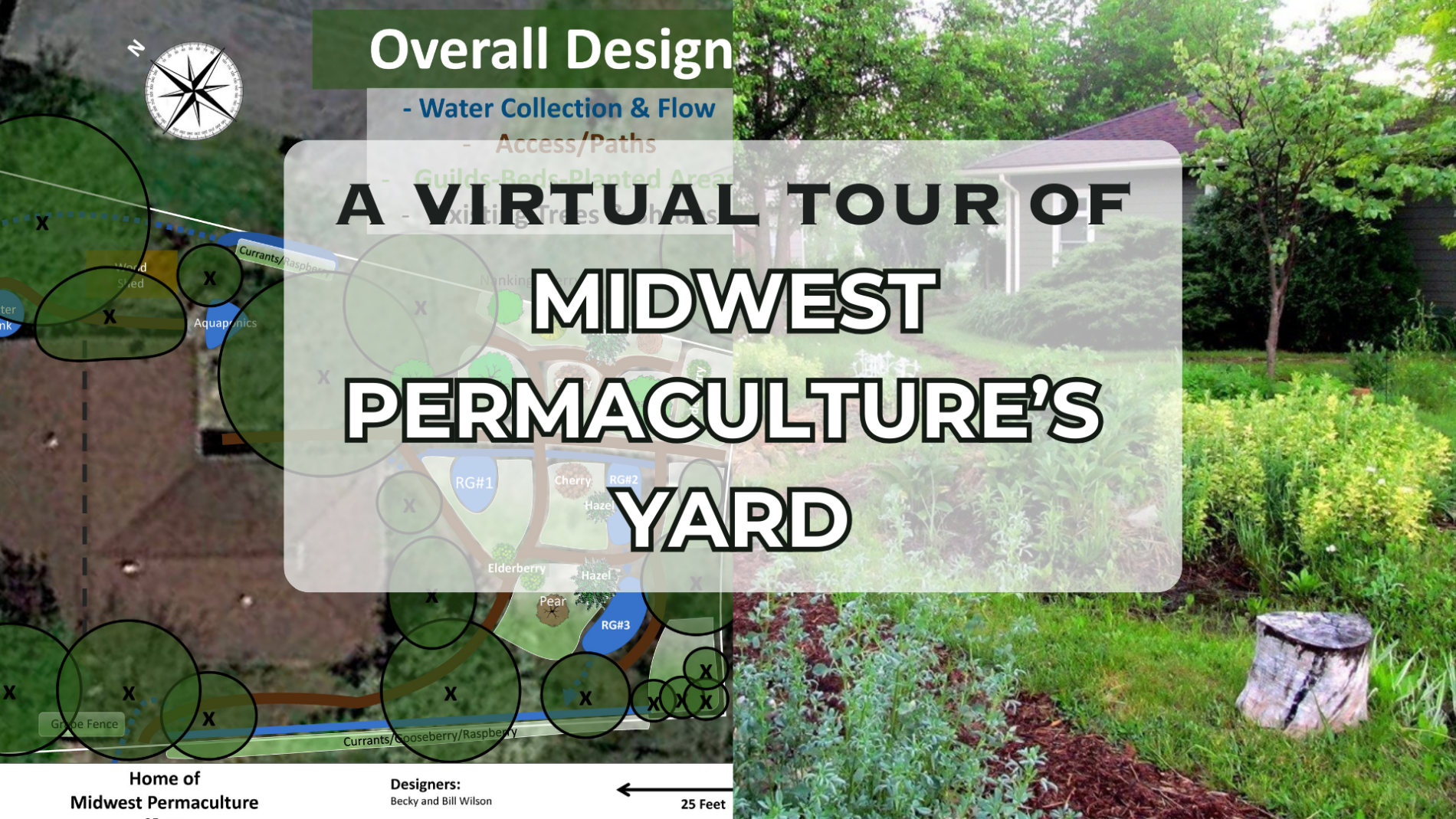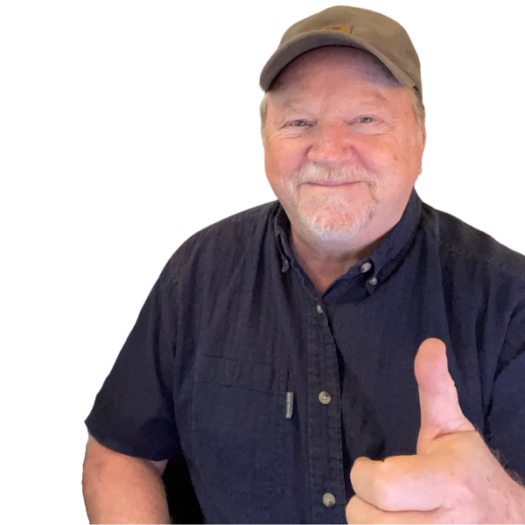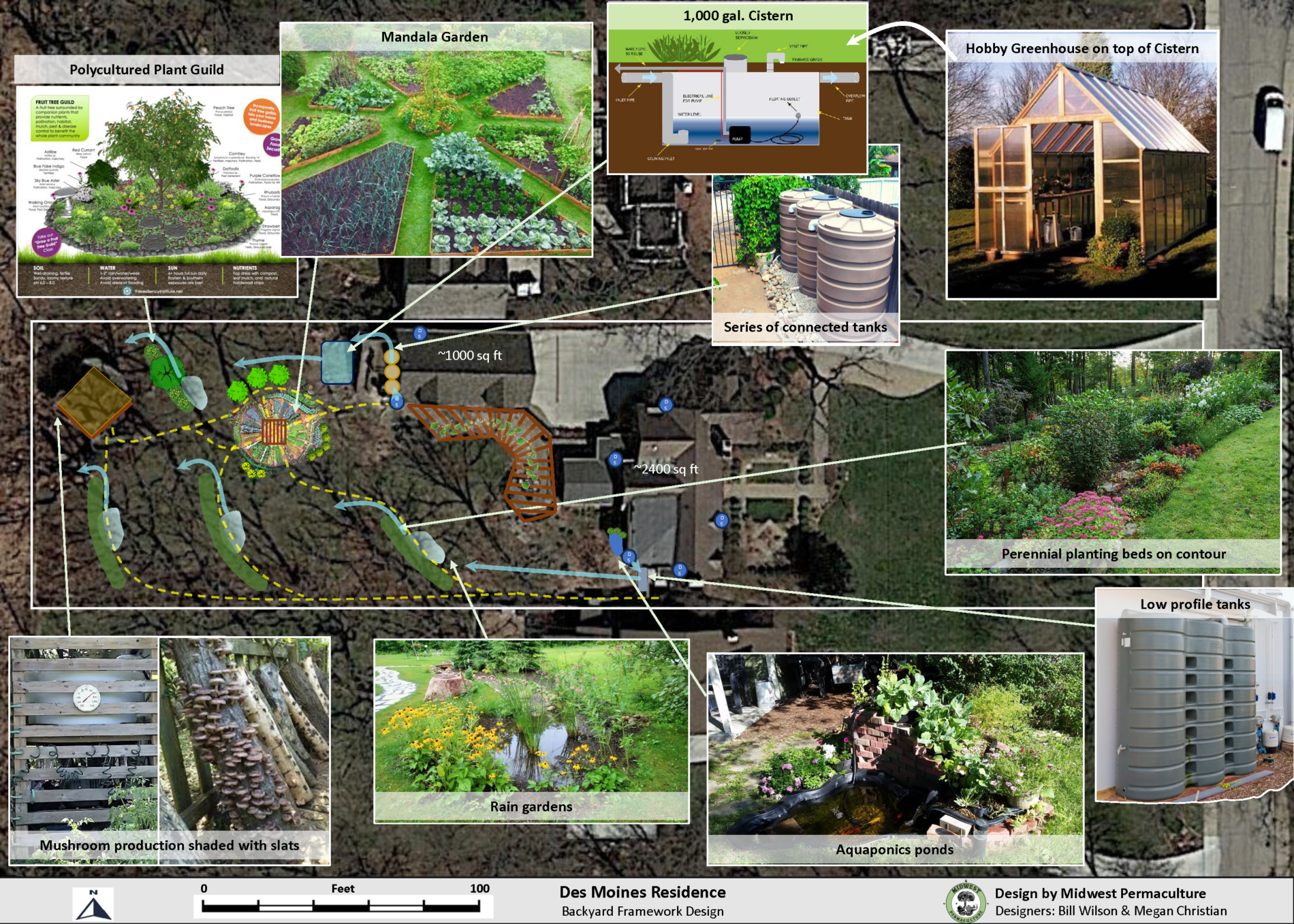What is Permaculture?
What is Permaculture?
Permaculture is an umbrella word for all things sustainable. It encompasses every aspect of the human experience and asks the question how do we leave the planet in better condition than when we arrived.
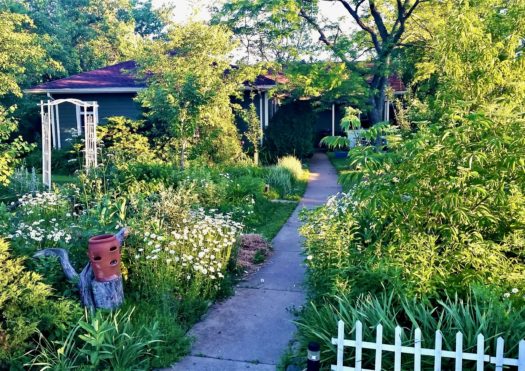
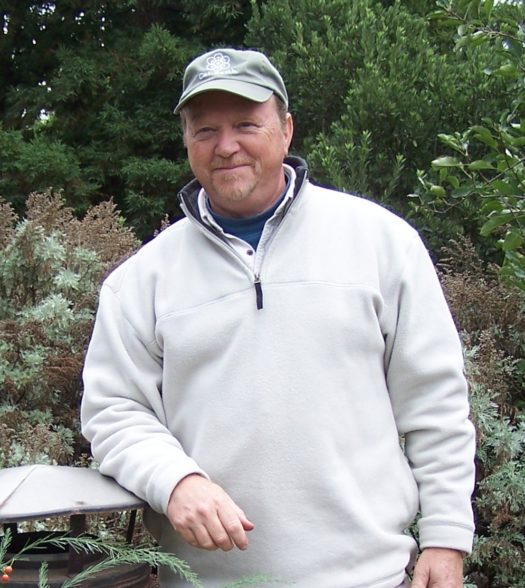
“The objective of permaculture is to design livable systems for people and the planet that support and mimic nature’s own ability to create real abundance with minimal and efficient work on our part.
Permaculture design is exemplified when there is a convergence of common sense, indigenous wisdom, and appropriate technology.
Permaculture is grounded in a respectful approach to others, to all of life, and to future generations, dedicated to leaving the planet in better condition than when we arrived upon it.”
Permaculturists Learn to:
- Grow food just about anywhere
- Repair environmentally damaged lands
- Design lovely and long lasting green-buildings
- Produce the power they need
- Run successful people-oriented businesses
- Find or create work they enjoy and that serves a greater good
- Live meaningful and authentic lives
- Build authentic relationships and community wherever they go
All by using the same fundamental permaculture principles
and applying the Permaculture Ethics of:
– Care of People –
– Care of the Earth –
– Sharing of the Surplus –
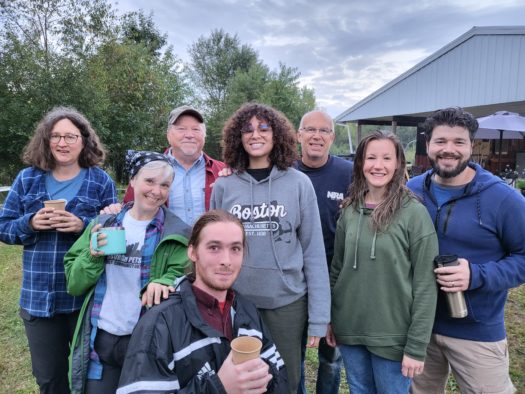
Permaculture’s Prime Directive:
“The only ethical decision is to take responsibility for our own existence and that of our children. “Bill Mollison
Permaculture's Founder
It’s all About Honoring Relationship
Simply put, permaculture is really about relationship – our relationship as humans to the world around us. Will/do we work with the natural abundance and flows of the world around us, or will/do we ignore these?
Working cooperatively and compassionately with the sun, wind, rain, soil, plants animals and fellow humans will allow us to co-create sustainable or permanent-cultures, hence the word ‘permaculture’. Fighting these forces requires a tremendous amount of time, money and energy from the burning of non-renewable resources (coal, oil, gas), the very resources that all future generations are entitled to as well.
“Within a Permaculture designed system, wastes become resources, productivity and yields increase, work is minimized, and the environment is restored.”
Bill Mollison
Permaculture's Founder
More specifically, permaculture explores practical ways to improve the quality of our lives by re-thinking or re-designing our relationship to:
The land around us
And how we care for it while providing our food, fiber, medicines and other needs.
The energy we use
Why we use it, how we use it, and how we generate it.
Our homes
How we design and build them for optimum joy and use.
Our work
Does it reflect who we truly are? Is our work of true service to anyone or anything? Have we found ‘right livelihood’ and/or meaningful work.
Each other
Have we created meaningful lives with our families and communities.
Ourselves
Are we living from an authentic experience of self.
'Quick Design'
Charrettes
Second Sunday of Every Other Month.
2:00-4:30pm central
- Look Over our Shoulders as we Create a Framework Design for a New Project
- Ask Your Questions
- Learn New Ideas and Techniques
- Submit Your Own Project for Consideration
The Bigger Picture
Many permaculturists are concerned about their relationship with others (all others) and the planet. With permaculture thinking it is possible to design or re-design our culture over time to provide an abundance of food, fiber, energy & shelter for every person on this planet while dramatically improving everyone’s overall quality of life.
In addition, we know it is possible to do this without consuming the natural resources that all future generations are entitled to have access. And we can do it without the pollution associated with our current way of living.
Sound idealistic? Seem improbable, even naive?
Not at all.
What is idealistic, improbable and naive is to think that everything is going to continue on in the world as it has over the past 100 years. It will not. It cannot. We have reached the physical limits of most of the natural resources that sustain our present way of living. With or without our awareness or consent, the world is in the early stages of a very big and long lasting change.
Our part as individuals is to start from where we are, from where we live, and from how we live. As we gain the understanding, perspective and skills, we slowly change our part of the world…. and even possibly ourselves. Through a Permaculture Design Certificate course students learn how to create systems that care for all people, for the planet, and for the future.
It is not the intention or desire of permaculture to see things fall apart, quite the contrary. But non-sustainable systems will naturally fall by the wayside as they become cumbersome and impractical.
By applying permaculture thinking and design we are simply choosing to put our energy into discovering ways of living that are less consumptive while also creating greater abundance.
Scroll Through the Pictures Below
of the Various Locations we’ve Hosted our PDC Courses
Why Bother?
Ultimately, we either focus our time and energy on creating something that creates authentic beauty, security and joy in our personal lives and communities… or we don’t. One brings peace and sustainability into the world, the other does not. This is not a hard choice.
Besides, what could be more meaningful than spending ones time working towards the creation of a world that works for everybody?
And the unexpected gift? Many of us have discovered that while diving deeply into the study of permaculture it has also generated a life-changing experience and understanding for ourselves. What often comes with the knowledge of how to feed, shelter and provide for ourselves, our families and others, is a deeper sense of security, a growing calmness, and the ability to live more authentically each day.
Designing, implementing and living within a permaculture inspired system yields a win-win situation for us, for our communities, for the natural world, and for future generations.
"This is real.
This is meaningful.
This holds a future for us as humans upon this planet."Bill Wilson
Midwest Permaculture
Sample the Course!
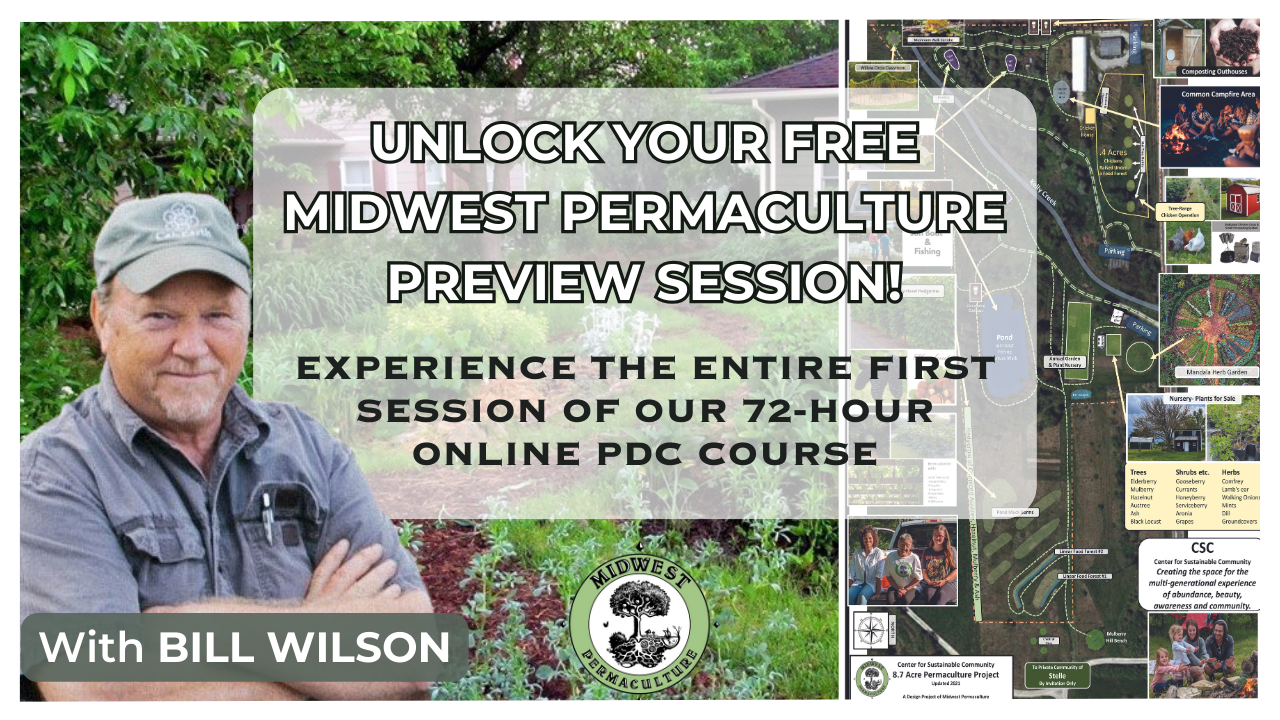
By signing up, you'll receive occasional email newsletters with valuable permaculture insights and updates on our courses. We respect your privacy and won't send spam. You can unsubscribe at any time.

